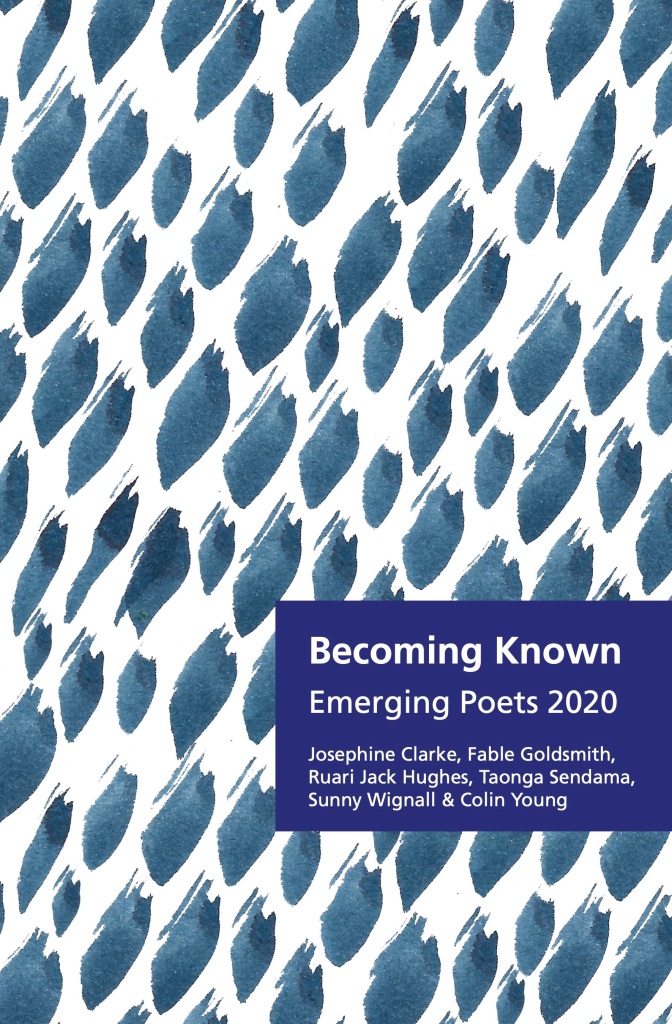This is the night when you wash each other’s feet. The night when you remember the Passover. The night when you share the hasty meal before the deliverance from God’s wrath. This is the night when God struck down the first born of all living things, human and other animal life. This is the night when God’s son prayed and wept in the garden. The night when the others slept instead of keeping vigil. This is the night of betrayal. This is the night of premonition of horror.
So go to your beds to sleepy rest. But don’t dream. Don’t let your memories invade your unconsciousness. Turn off your minds to the call to stand vigil. I’ll join you. I’ll wait for the cock crow and wonder if, in my sleep, I’ve been guilty of three times of denial. I’ll wake certain that it happened. Somewhere, sometime, I know that I turned my back, didn’t listen to the plea, shrugged off the need. Tomorrow I’ll be there in the church, sorrowful for the death of my God. Repeating the prayers of lamentation and commiseration. An onlooker, not a true participant in the passion. Not yet. Maybe next year.
Happy Easter!
barAbbas
And did you do anything
When you were crying out
Your injustices, your complaints
Against the occupying forces?
Wasn’t it all just an excuse
To pillage the villages,
To steal a few girls,
Pretending you were a freedom fighter?
Sure, the king turned a blind eye
To your shenanigans,
It suited him to let you
Annoy the foreigners, didn’t it?
When you were rampaging
Across the weary land,
There was another calling for change,
Did you never hear him?
While you were murdering and tearing,
Marauding through the hills,
He was healing and mending,
Did you not cross paths?
You and your ragamuffin band
Were little more than a nuisance,
You couldn’t think you mattered,
Or were you so deluded?
What did you think
When you were chosen by the mob,
That the governor had a good
Sense of your worthiness?
Not even a political prisoner,
You were just in the right place
At the right time,
Were you destined or merely lucky?
People are forever fickle,
They didn’t care a fig for you,
They just wanted the other one dead,
Was it possible you didn’t get that?
If you thought the crowds were cheering
Because you had been released,
You surely didn’t understand the situation
Or did it just not matter?
Like the governor washing his hands,
You wandered into the story,
He didn’t know what he was doing,
Did you have any better idea?
In the end, they say
That even the man’s god abandoned him,
Anyway that’s what I heard,
Was that really right?
In any case, how could you walk from prison,
Right past that innocent man
As if you had that right,
When you had no right?
Then they killed him, above a rubbish tip,
While you quickly got out of town,
While you got to live
What more did you do, did you?
Ruari Jack Hughes

